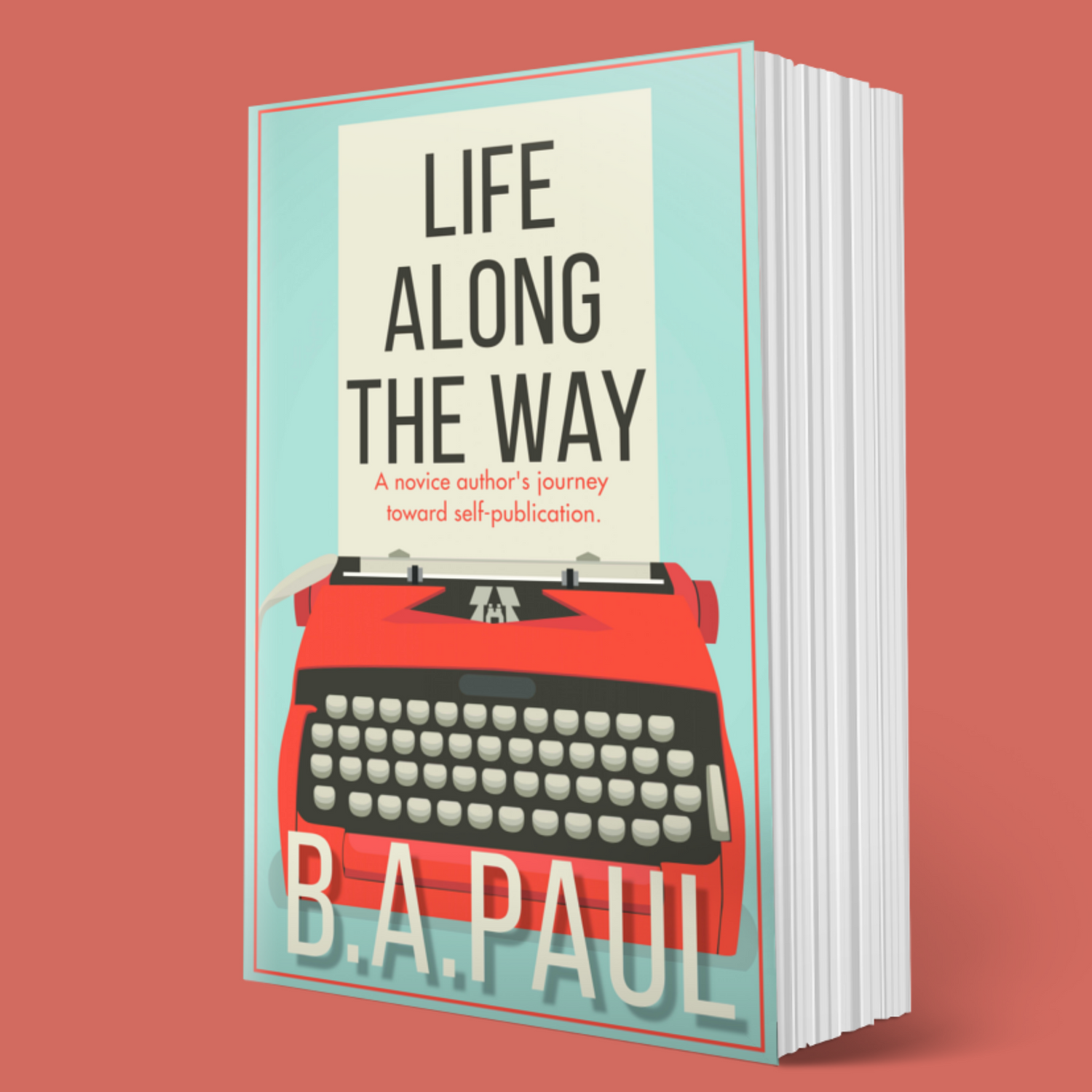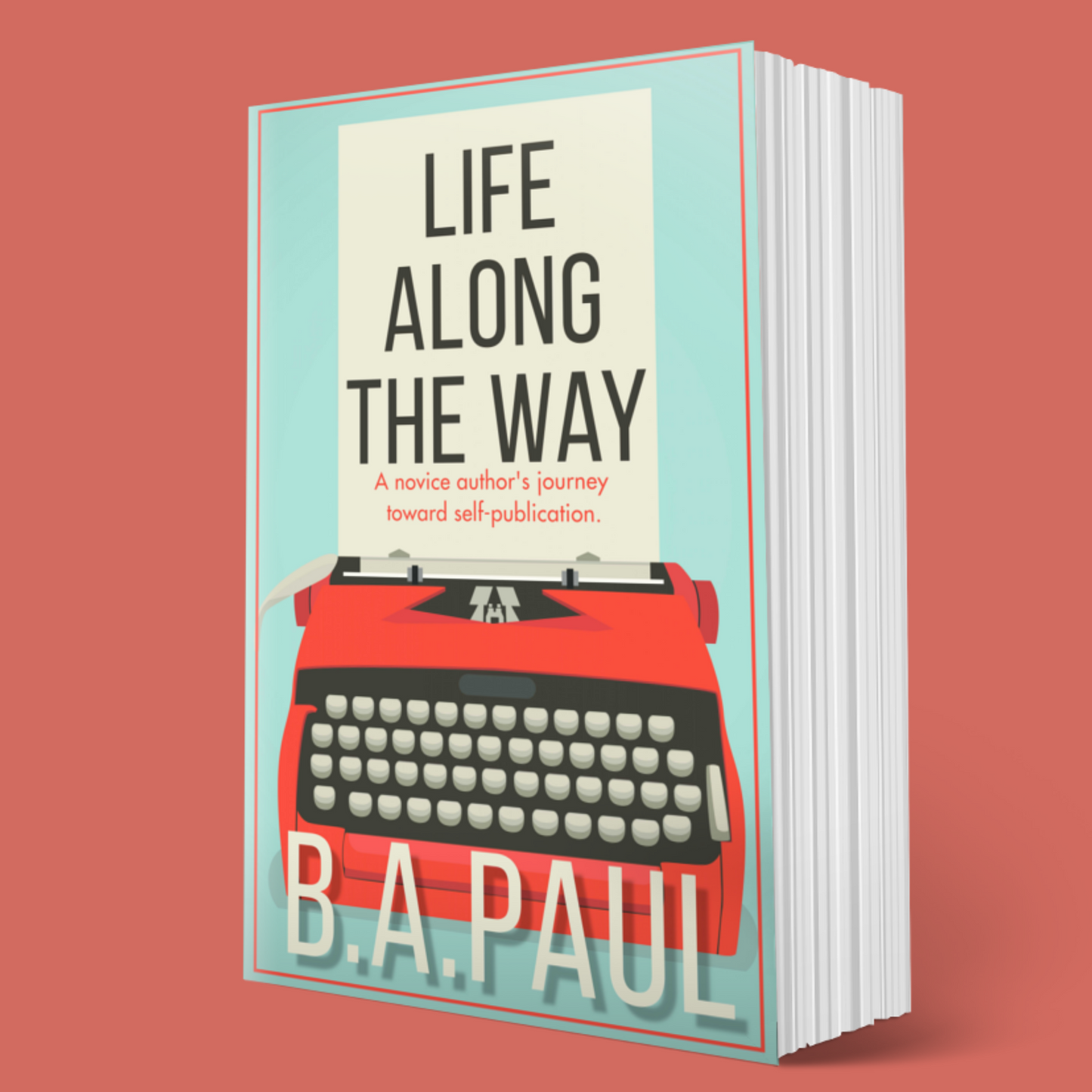“Grab ‘em by the lips.” – Random Realtor Guy from Straughn, Indiana
I had the opportunity to get away from the real world for a couple of days with a theater friend. The destination?
Wilstem Wildlife Park in Paoli, Indiana.
(Though I mispronounced the name of this Hoosier burg multiple times, it’s not to be confused with peyote. We didn’t encounter any of that, though I wonder if some of the locals may partake occasionally, given the sign taped to a diner door warning patrons to watch the topic of conversations because “this is a family establishment.”)
Wilstem offers some impressive animal encounters—chances to get up close and personal with sloths, primates, and kangaroos.
We chose elephants and giraffes. We were not disappointed. Fantastic experience I won’t soon forget and, quite frankly, I’m still processing.
Wilstem also offers a drive-through safari.
If you are ever in this area, here are some tips for this must-do, can’t-miss, soooo-worth-the-price-of-admission activity:
1. Drive a vehicle you won’t mind getting llama spit on. Beak-proof glass with speedy window controls is a plus.
2. Do not clean your vehicle before this journey. Not inside. Not outside. Not the windows…
3. Scan the countryside as you pull onto the property.
4. Count the camels. Do not skip this part.
5. Have a look around the barn and chat with the staff—they’re great.
6. Let the goats chew on your pants.
7. If you have a busted shoulder, wear your brace.
8. Get your safari tickets.
9. Pay for feed—do not skip this part.
10. Feed Cups = People in Vehicle X Number of Camels X Two. Trust me. If you short-change the feed cup count, the volume of llama spit running down your doors will double. So will the number of emus pecking angrily at your windows.
11. Get the camera ready.
12. The ostriches guard the gate.
13. “Watch out for that camel.”
Theater Friend throws out Tip 13 as I’m rolling slowly past the ostrich guards and dodging emus. I assume she thinks I don’t see the camel.
He’s big. Full of swank and swagger. And heading toward my side of the vehicle.
“Look out for him.”
I believe she means, “Don’t hit the camel.”
This is not what she means.
Unknown to me, Theater Friend possesses knowledge I don’t have. Somewhere on Wilstem’s social media, she’d read that the camel is a pig and can be a tick assertive with the feed cups.
But she doesn’t say this. “Watch out for that camel” is all I get.
He approaches my window.
I roll it down and offer him a nibble from the cup. (You’re supposed to feed safari creatures outside your window from the cup with your arm outstretched.)
This one-hump dromedary didn’t want a nibble. He became a tick assertive, so I instinctively pulled my arm (and the feed cup) into the vehicle. His head followed.
He’s all up in my personal space, I could kiss him if I wanted to, but this thought didn’t occur to me in the moment because—there’s a camel in my car.
It’s me, both my hands wrapped tightly around a collapsing plastic feed cup, and my busted rotator cuff tendonitis against a pair of determined camel lips.
I can’t hold onto the cup. Feed is going everywhere. Floorboards. Dash. All the way to the back and into—yes, into—my overnight bag. I don’t know whether to laugh, cry, or yell. I possibly attempt all three.
The camel snatches the cup away, lifts his neck to the sky while holding firmly to the cup’s rim, and tosses the entire contents back like he’s doing one long shot. He drops the cup to the ground and walks away like a boss.
This is clearly not this camel’s first rodeo. Or safari.
Borderline assault. Thievery. Public overindulging. Littering.
Thus, Theater Friend’s “Watch out for that camel.”
Now I have no feed for the rest of the safari—which was most of the safari.
This aggravates all the other creatures that approach my side of the vehicle, while those that approach Theater Friend’s side can have as many nibbles as they like—because she keeps control of her cup with her non-busted rotator cuff tendons, firm animal warden voice, and wicked skills with the window controls. She even has feed left at the end of the safari, and I wonder what we’ll do with it. (Material for another blog…)
One goofy llama and an intimidating Texas longhorn with a rack-and-a-half are kind enough to forgive the fact that I have nothing to offer. They pose for selfies with me after drooling down both sides of my car door and into the window seal.
Upon relaying this magnificent experience to a friend, a random Realtor from Straughn, Indiana, I was given much-too-late—and quite frankly, sketchy—advice on how to deal with such a creature.
He tells me, “Grab ‘em by the lips.”
“No way.” I remember those lips. Just… no way.
“Yeah, yeah. That’s how you do it. I was once in a live nativity, and I was a shepherd, and the camel keeper told me if the camel got cranky, to grab him by the lips.”
Now, I’m not sure what kind of camels apply for nativity duty, but the Wilstem camel ain’t one of them.
No way is that camel letting anyone near his food-stealing tools. He’s probably taken out an insurance policy in case some random guy from Straughn who played a shepherd one time comes through and tries something sketchy like “Grab ‘em by the lips.”
Little Miss Muse lands on the table as I type this. She glances over the piece and declares, “I wish your manuscripts had lips.”
“What?” I sit back and pop another pretzel and white chocolate into my mouth (I’m working at the library with Writer Friend today. We have priorities aside from word counts—appropriate chocolate/salt ratio is one of them.)
“If your manuscript had lips, you could grab onto it and maybe get it under some semblance of control.” She chews a little longer on her gum before popping a grape-flavored bubble in my face.
I want to grab her by her lips—or her tutu—but she’s right.
She’s been patient with the recent losses. Not to mention the resultant safari galavanting and theater side quests.
She begins tossing out lines like Theater Friend:
“Don’t hit that plot hole.”
“Watch out for that dromedary-sized distraction.”
On and on.
But it is time to get to work.
Lest Little Miss Muse round up evil screen-pecking emus and slobbering llamas, shouting all the while, “Look out for that scene—it drools!”




